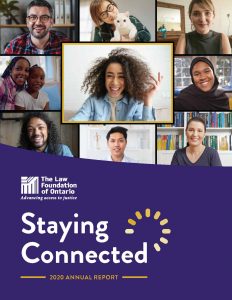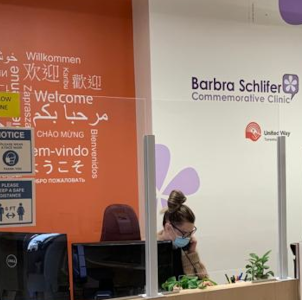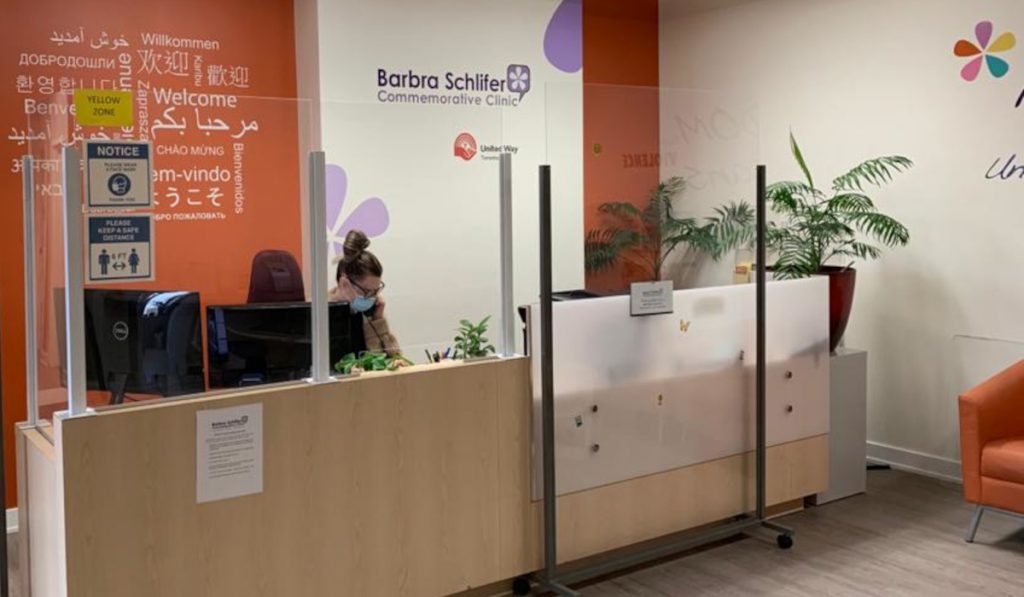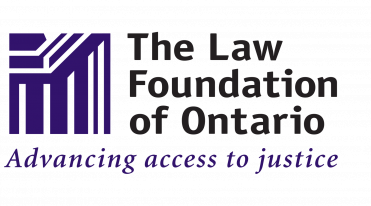The Barbra Schlifer Commemorative Clinic’s Criminalization of Women Pro-Bono Program provides case management and summary legal advice to women and non-binary people who are or have been charged or convicted with a criminal offence and who have experienced gender-based violence.

“Once the courts began operating again, we quickly adapted to help clients with bail variations, disclosure requests, and virtual court appearances,” says Deepa Mattoo, Executive Director of the Barbra Schlifer Commemorative Clinic. “Without this assistance, they could have been at risk of breaching bail conditions and being subject to an arrest warrant for failing to appear or remain at their court matter.”
The pandemic didn’t just complicate clients’ legal issues. Already experiencing trauma and isolation, clients’ mental health deteriorated significantly. In response, staff implemented two initiatives that, although not new to the clinic, were firsts for the pro bono program.
“We established a process of making check-in calls to make sure clients knew they could still access us,” says Deepa. “We also knew many wouldn’t have cell phones or Internet access. We knocked on the doors of large companies to get donations of SIM cards, cell phones, and laptops.”
Like the justice system itself, the pandemic challenged the program to find new ways of operating. In addition to its in-person support, the program now serves clients by phone and online.
“The landscape shifted, and some of that is positive,” says Deepa. “It’s clear, though, that the shift comes from a certain amount of privilege. I’m excited about the possibilities, but I’m also scared we’ll believe everyone can appear online. Digital access is not safe or accessible for everyone. I want us to continue to consider the different service options, but to consider them based on people’s needs.”



